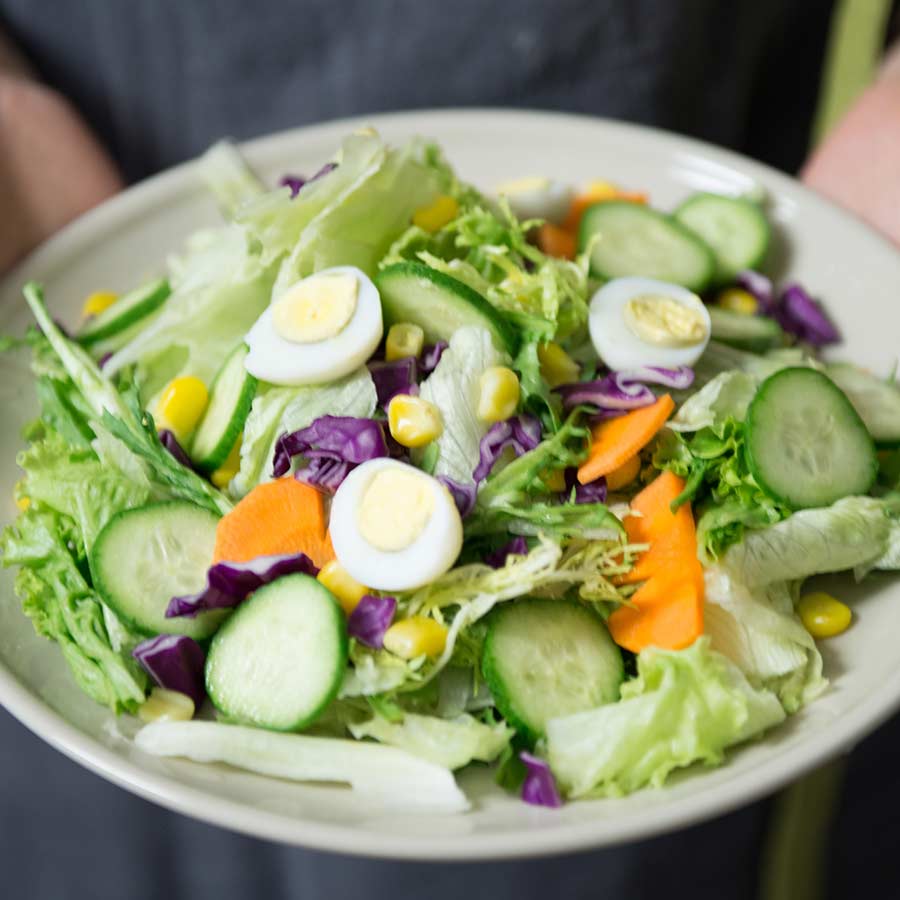The Power of Leafy Greens
Leafy greens like kale, collard greens, and spinach are rich in essential nutrients and eye-friendly antioxidants such as lutein and zeaxanthin. These compounds help protect your eyes from oxidative damage and may reduce the risk of developing glaucoma or slow its progression. Incorporate leafy greens into daily meals through salads, smoothies, or stir-fries to maximize their benefits.
Fruits Rich in Vitamin A and C
Vitamin A supports healthy vision, while vitamin C acts as a potent antioxidant protecting the eyes from damage. Fruits high in vitamin C include oranges, strawberries, grapefruit, and papaya. For vitamin A, include apricots, cantaloupe, and mangoes. A colorful daily variety of fruits ensures you receive the necessary vitamins for eye health.
Omega-3 Fatty Acids
Omega-3 fatty acids are well-known for anti-inflammatory effects and cardiovascular benefits. Studies suggest they also help reduce intraocular pressure and slow glaucoma progression. Excellent sources include fatty fish (salmon, mackerel, sardines), flaxseeds, chia seeds, and walnuts. Include these foods weekly or sprinkle seeds and nuts over daily meals.
Carotenoids and Protective Phytonutrients
Carotenoids are pigmented compounds that protect your eyes from oxidative stress. Lutein, zeaxanthin, and beta-carotene are essential for maintaining eye health. Foods high in carotenoids include:
- Carrots
- Sweet potatoes
- Red bell peppers
- Tomatoes
- Pumpkin
Adding these colorful vegetables to your diet daily can help support vision in the presence of glaucoma.
Green Tea
Green tea is rich in flavonoids and antioxidants that help protect the eyes from oxidative stress. Drinking green tea regularly, preferably without sugar, promotes overall health while providing targeted benefits for glaucoma patients.
Foods to Limit or Avoid
Certain foods can exacerbate glaucoma symptoms or contribute to elevated eye pressure. Limit or avoid:
- High-salt foods: Excess sodium may elevate blood pressure and intraocular pressure. Choose low-sodium alternatives when possible.
- Unhealthy fats: Trans and saturated fats, common in fast food and processed items, can increase inflammation and negatively affect overall health. Opt for healthy fats like avocados, olive oil, and nuts.
Lifestyle, Diet, and Exercise
A balanced lifestyle, nutrient-rich diet, and regular exercise can improve overall glaucoma management. Consider managing stress, staying hydrated, avoiding smoking, and maintaining a consistent exercise routine. These habits complement a healthy diet to support eye health.
While there is no cure for glaucoma, consuming leafy greens, vitamin-rich fruits, and omega-3 fatty acids can help slow disease progression. Avoiding high-salt foods and unhealthy fats further supports eye health. Combining a balanced lifestyle, proper diet, and regular exercise can make a significant difference. Always consult a healthcare professional for personalized advice on managing glaucoma through diet and lifestyle.




